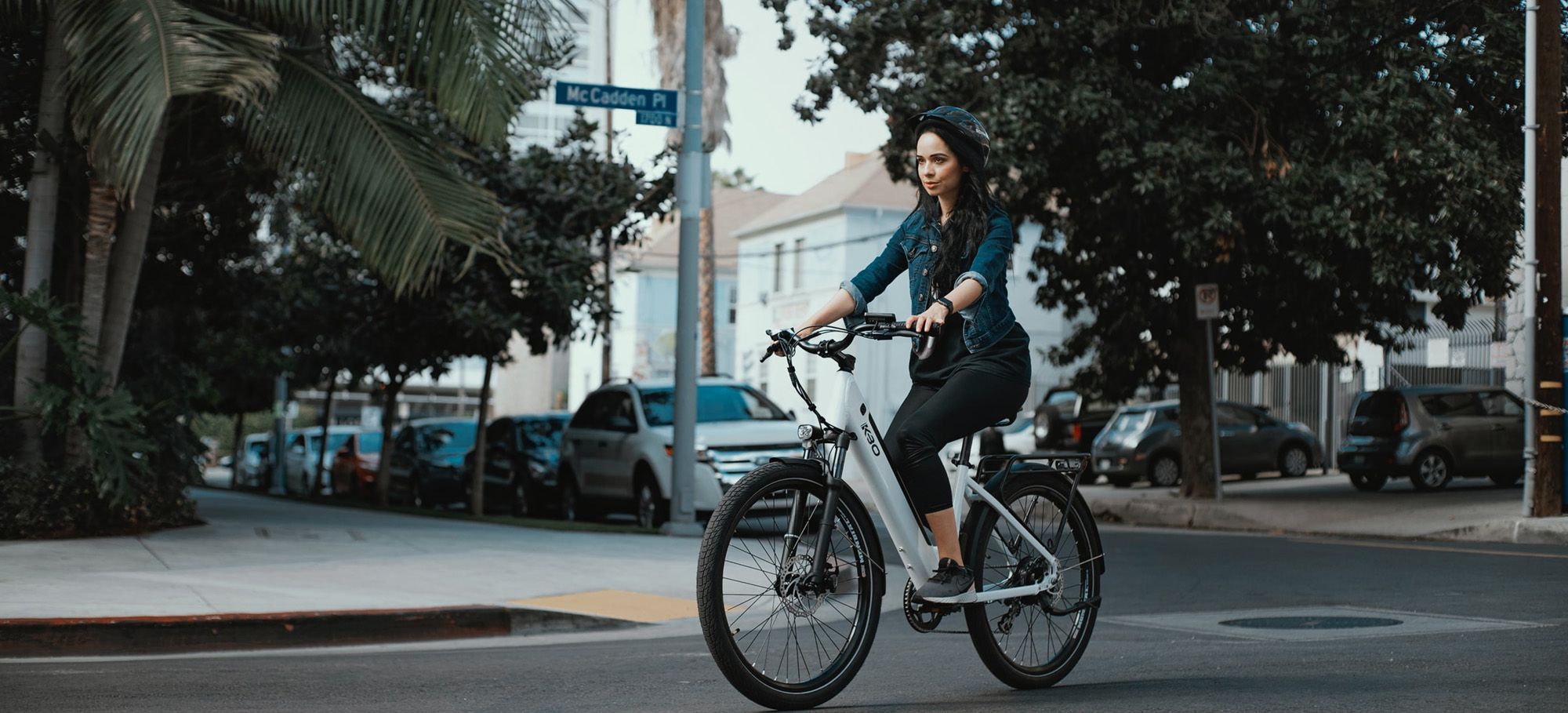Originally published by UBC Media Relations
Love them or hate them, new mobility devices like e-bikes are here to stay.
In one of the first large-scale studies to measure the real-world usage of these devices, UBC transportation researchers found that most other road users are comfortable sharing cycling lanes and off-street paths with these new modes of transport—despite some misperceptions of how fast these devices are actually going.
Take electric bikes, currently enjoying a boom in Metro Vancouver and other cities.
“Many people like electric bikes but others worry that they travel at high speeds, although in reality they don’t – at least not according to the observations in our study,” says UBC researcher Amir Hassanpour, a PhD student in transportation engineering in the faculty of applied science.
“Many of the people we surveyed thought electric bikes go 4 km/hr faster than they actually do, but in fact most of the e-bikes we saw were actually travelling well below the speed limit of 32 km/hr,” says Hassanpour.
Hassanpour and his colleagues set up observation stations at 12 locations across Metro Vancouver, installing GoPro cameras and laying pneumatic tubes on the road to count vehicles and determine vehicle types and speeds. They also conducted a survey to determine how comfortable path users (including pedestrians and people on conventional and electric-powered devices) felt while using the same roads and trails.
One major misperception was that the surveyed path users believed that electric-assist devices were three times more prevalent than they actually were. Hassanpour chalks up these perceptions to the fact that e-bikes are relatively new, so we remember them more vividly and start thinking they’re more prevalent than they actually are. “It’s what’s called a frequency illusion—once you encounter a new emerging vehicle, all of a sudden you see it everywhere.”
These mental biases could also affect perceived speed, he theorizes. In fact, average speeds for electric-assist devices were around 20-22 km/hr, only slightly faster than conventional bicycles.
The UBC camera stations observed more than 25,000 vehicles representing 25 different mobility devices ranging from pedal bikes, push scooters and roller skates to moped-style scooters and even golf carts.
Their findings—published today for the first time—paint an image of relative comfort and safety for users of these shared paths and bike lanes.
